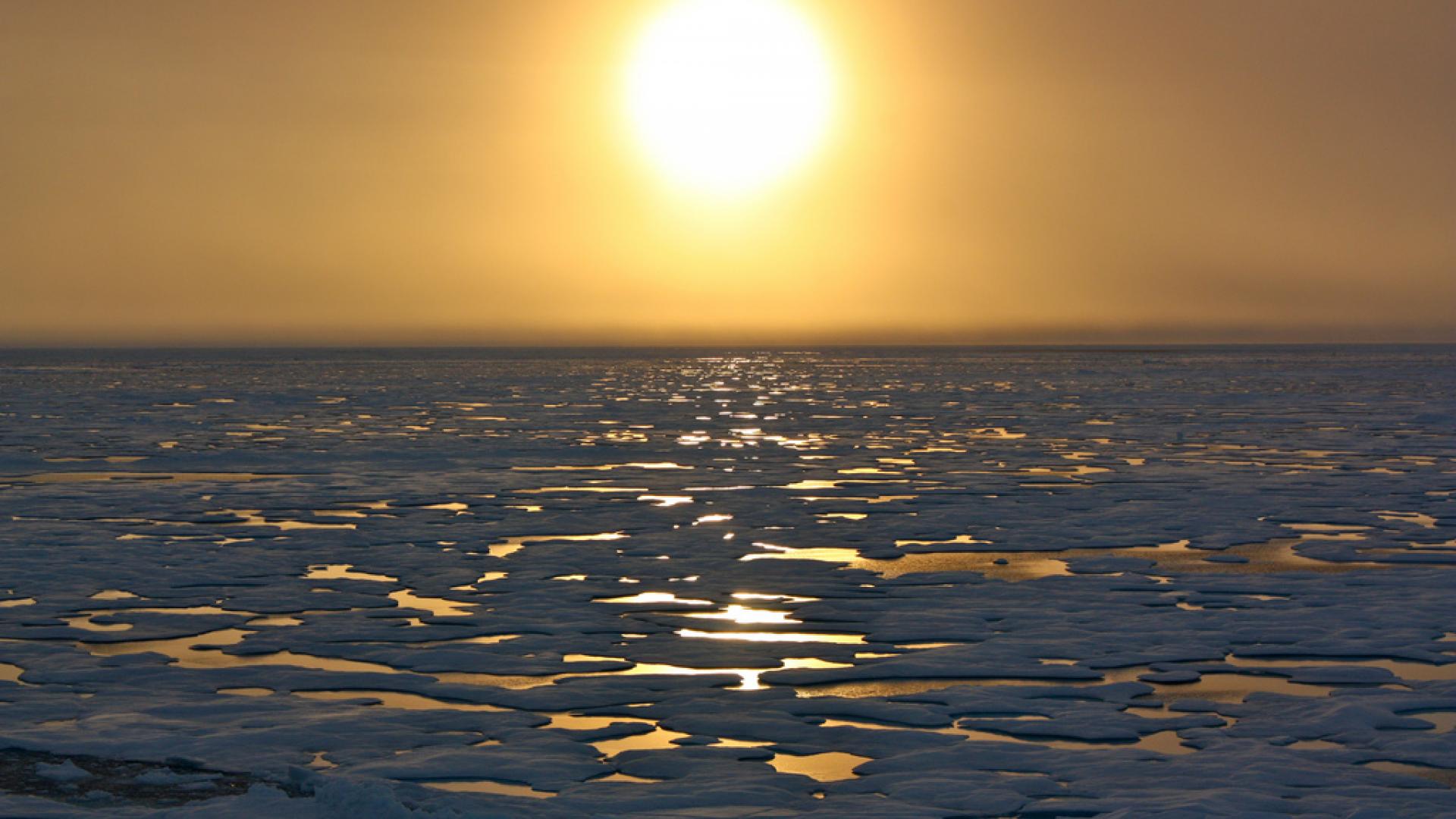Is it just too big? Are we all, from the individual, to the corporation, to the country, simply unwilling to let go of the luxury, comfort and choice that we have enjoyed for so long?
In September, you may have seen the raft of articles written about the acceleration of the melting of Arctic sea ice. I read one particular article on the Guardian’s website on a Saturday afternoon and felt almost moved to tears. At the end of this heart-breaking portrayal of the implications to our planet, I wanted to know - not for the first time - what I could do. Seriously do. Something more than diligently sorting out my recycling and only filling the kettle with as much water as I need. At a loss (sound familiar?), I emailed the environmental editor of the Guardian, suggesting this was a ripe opportunity to follow up with an article saying, 'if this affected you, here’s what you can do.' I didn’t get a reply.
I did notice however on the Monday that a Professor Peter Wadhams had also emailed the Guardian that weekend. He was quoted as saying “not only must we urgently reduce CO2 emissions, but we must urgently examine other ways of slowing global warming, such as the various geoengineering ideas that have been put forward”. According to him, these include reflecting the sun’s rays back into space, making clouds whiter and seeding the ocean with minerals to absorb more CO2.
It was encouraging to hear some positive, specific solutions, but still the question remained, what can I do? The inertia and lack of ownership of the issues (and solutions) that underly and undermine debate and action are as visible in my own life as they are in the lives of those we touch upon in our research. Increasingly in focus groups, I am hearing people passing responsibility for addressing climate change to the government and it seems to be slipping down the list of issues of concern. The current economic climate is exacerbating this.
Our data shows a preference to prioritise economic considerations over the environment and nVision data shows people are becoming less willing to pay a higher price for environmentally friendly products. A sense of confusion, hopelessness and helplessness - and a downright refusal to make sacrifices (again, self included) continues to prevent anything from actually being done to any effective degree. Or at least that’s how it seems to me.
The Independent published an article in October looking at how to get Green issues back on the political agenda (which seems to be leading by example in the de-prioritisation of these concerns). It highlighted a range of ways to address climate change, including the creation of a ‘green-collar’ job market along similar lines to Germany’s investment in renewable energy careers. Other suggestions included the radical action proposed by Friends of the Earth to give weight to the Green Investment Bank and legally binding commitments for reduction of carbon emissions and a Green New Deal of hundreds of thousands of skilled workers, insulating millions of homes and businesses and building a thriving renewable-energy sector. This feels more tangible, but still I find myself in that gap between ideas and action, thinking, ok, so what can I do?
I must still be on several charity supporter databases. I know I haven’t donated to you in a while, and I can’t help but wonder why you aren’t trying to talk to me. Which charity (or charities) is worth supporting? Which petitions are worth signing? You can have my money, my signature, even my time, but only if you can convince me you know how to make a difference.
I work in charity market research. Can we help you to find the keys to unlock inertia? The insights which demonstrate where the resistance is and how to overcome it? Have you found the messages which resonate with your audience? Do you know how to galvanise mass protest? Have you got the statistics you need to influence policy? Do you want to understand the appeal of a new green idea? If you think research could help you achieve your aims, please get in touch. You could even try us out on our social investment policy.
I would love to think climate change isn’t too big for us. And if there’s anything useful I can do in my time here on this planet, it will be time well spent.
Jo Graham
Want a sea of change? Or have we created the wrong climate? Leave us a comment below.

